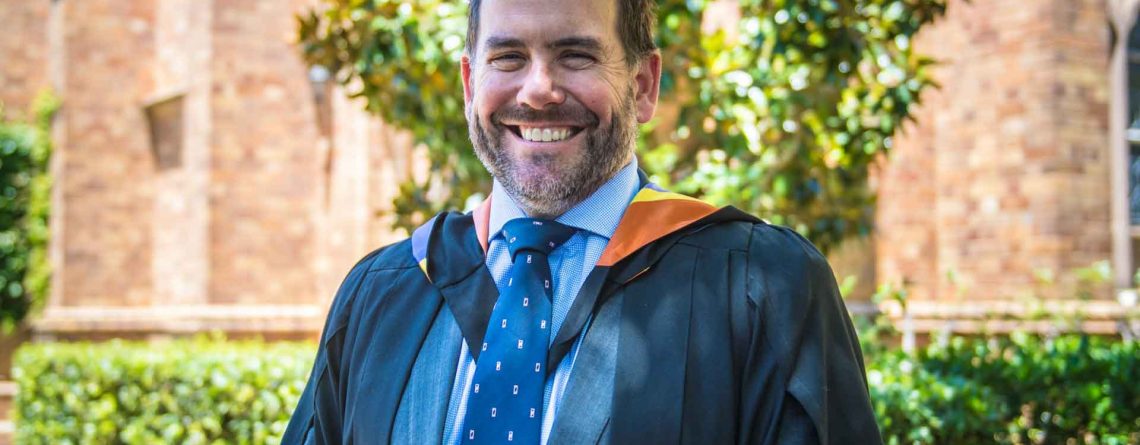From the Head Master
One aspect of growing to adulthood is the development of the capacity for self-regulation. If we are to be more than puppets on a string, we need to learn how to control our responses to the circumstances, experiences and interactions that we encounter from day to day. Volatility is not a character strength and the lack of self-regulation that can characterise young children is usually inappropriate in adults.
One habit that assists us in self-regulating has to do with the way that we frame or think about the events around us. I spoke to the boys of the Middle and Senior School about this issue on Tuesday. The text of my address is as follows:
There is an ancient Taoist parable that goes like this.
A farmer and his son had a beloved stallion who helped the family earn a living. One day, the horse ran away and their neighbors exclaimed, “Your horse ran away, what terrible luck!” The farmer replied, “Maybe, maybe not. Too soon to tell.”
A few days later, the horse returned home, leading a few wild mares back to the farm as well. The neighbors shouted out, “Your horse has returned, and brought several horses home with him. What great luck!” The farmer replied, “Maybe, maybe not. Too soon to tell.”
Later that week, the farmer’s son was trying to break one of the mares and she threw him to the ground, breaking his leg. The villagers cried, “Your son broke his leg, what terrible luck!” The farmer replied, “Maybe, maybe not. Too soon to tell.”
A few weeks later, soldiers from the national army marched through town, recruiting all the able-bodied boys for the army. They did not take the farmer’s son, still recovering from his injury. Friends shouted, “Your boy is spared, what tremendous luck!” To which the farmer replied, “Maybe, maybe not. Too soon to tell.”
His friends rode the roller-coaster. The farmer himself was more stable. He was wiser, because he knew that we don’t actually know the significance of an event, until the whole story has been told.
Got an injury at sport. Bad news? Maybe, maybe not. Too soon to tell.
You find that you are in with a new group of friends. Good news? Maybe, maybe not. Too soon to tell.
Get caught doing something stupid and face sanctions. Bad news? Maybe, maybe not. Too soon to tell.
I am sure you get the point. It is not that you should never get sad or excited about anything, as though you should sail along detached from any kind of emotional response or as though life is all about what happens to you, rather than stuff that you make happen. Rather, the point is that the bad stuff that we fear is not necessarily a catastrophe, and the good stuff we hope for is not necessarily as good as we think.
Every story has twists and turns, including the story of your life. We won’t know the significance of any one event, until we know the whole story.
When I heard that parable, it made a lot of sense to me. It seems obvious. However, I think there is one more point to make. I think we actually know how the story ends – both your individual story and the story of the universe as a whole. We have been given a preview. In the resurrection of Jesus, we actually see the end of the story. Death is followed by resurrection. The broken world is made new. Darkness becomes light. If you want to know how the story goes, pay some attention to Jesus. The Christian framework for understanding our world is immensely valuable in helping us to frame and respond to the ups and downs of life.
In the meantime, as you go through the highs and the lows, the good and the bad, the hopes and the disappointments, remember: Don’t ride the rollercoaster – highs and lows – depending on what happens to you. Have the wisdom to reflect – too soon to tell.
Detur gloria soli deo
Tim Bowden | Head Master















